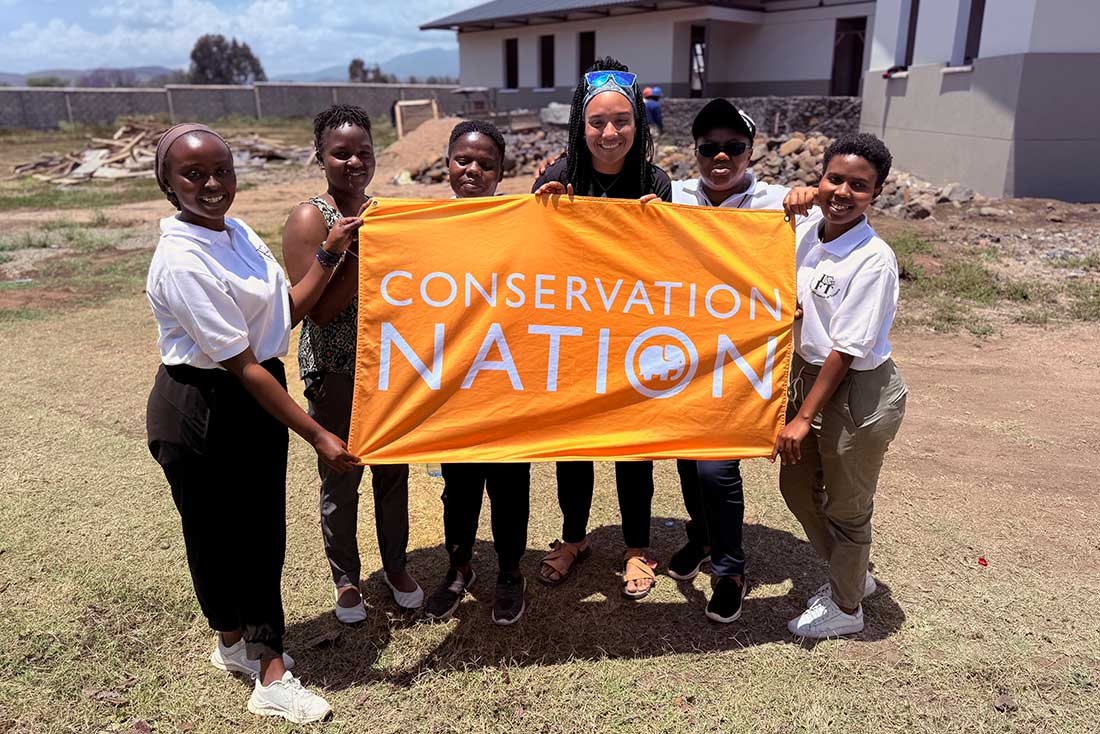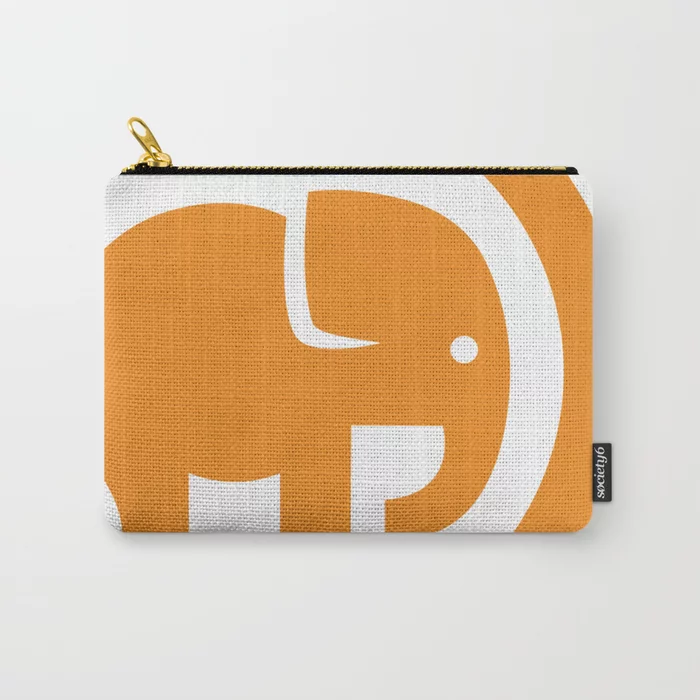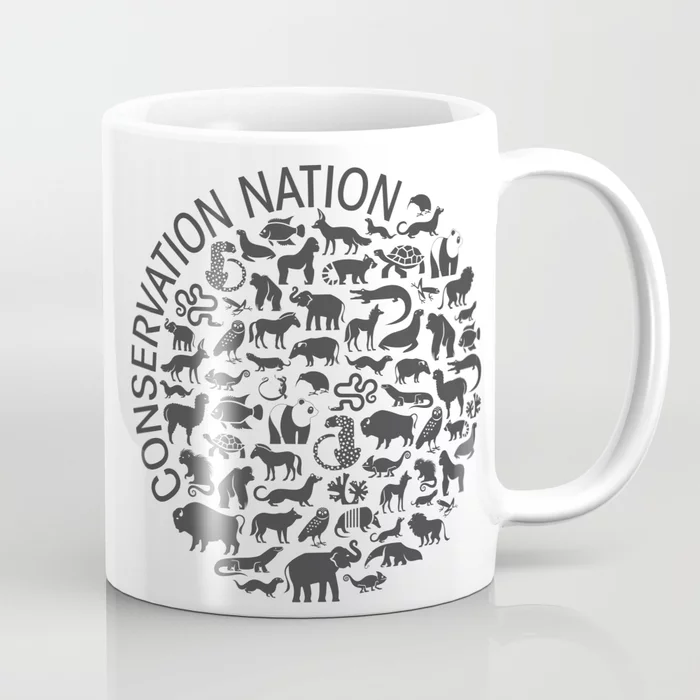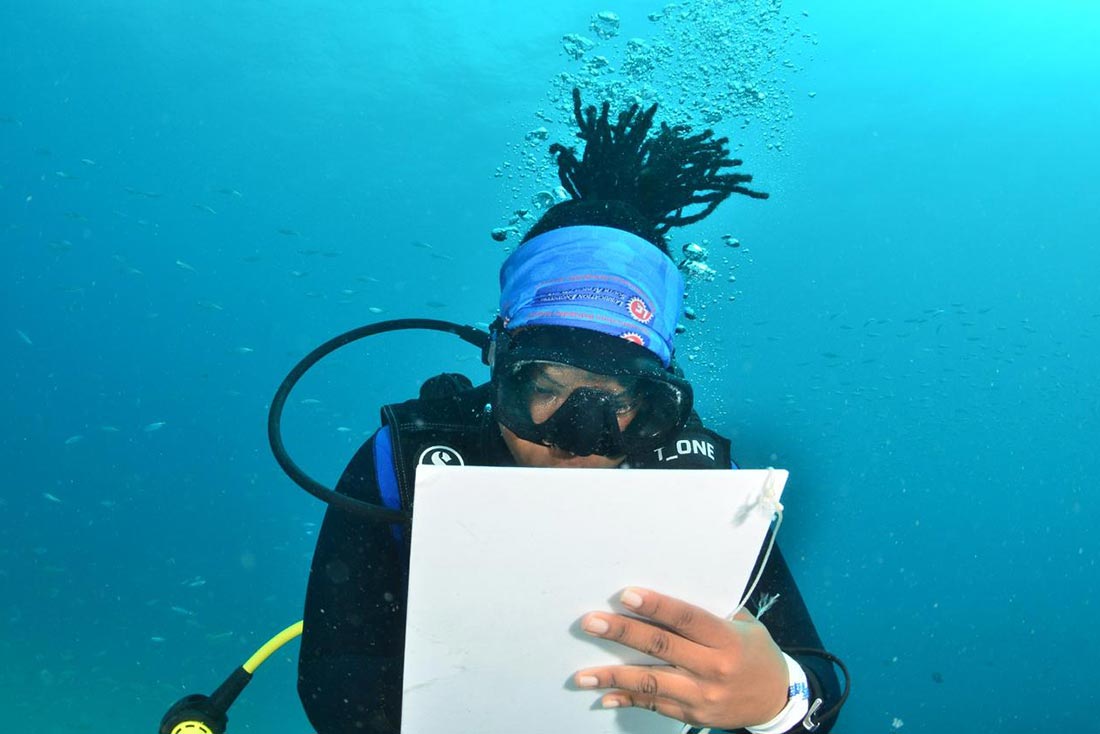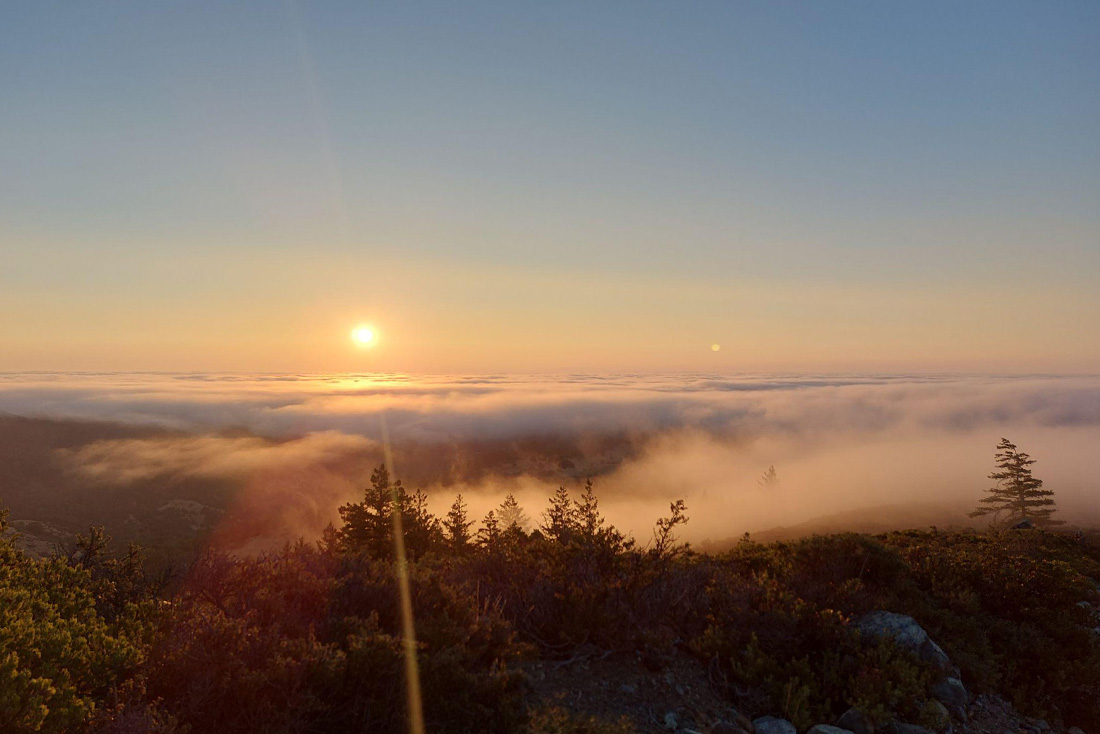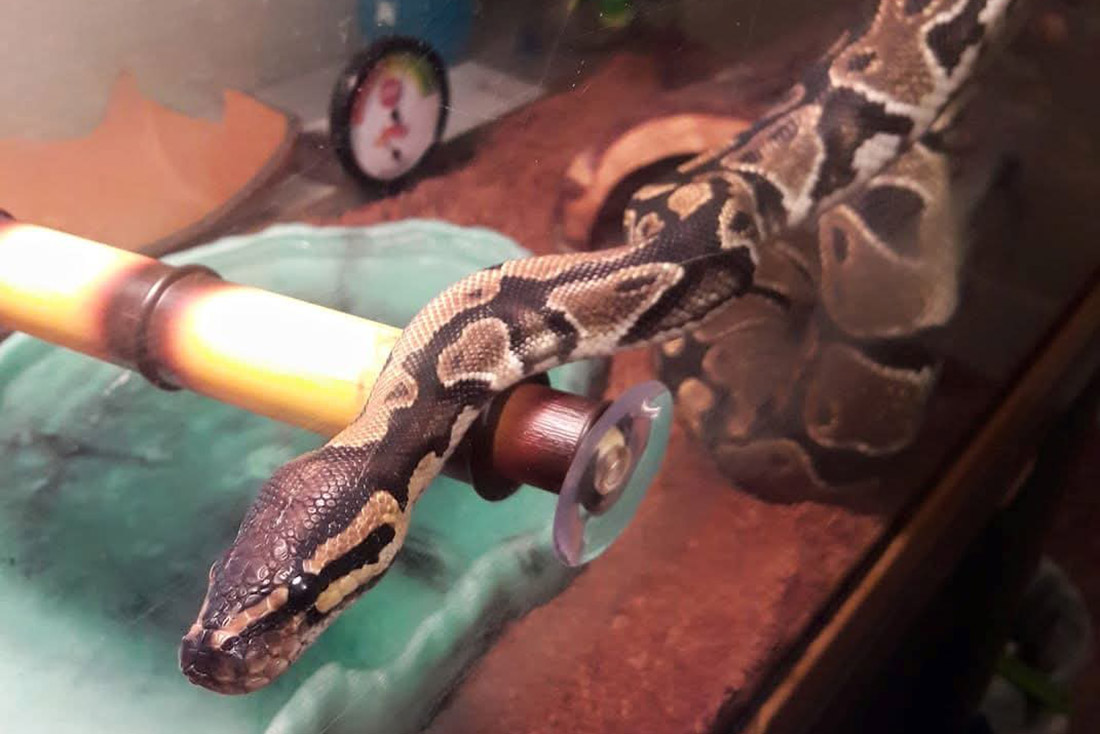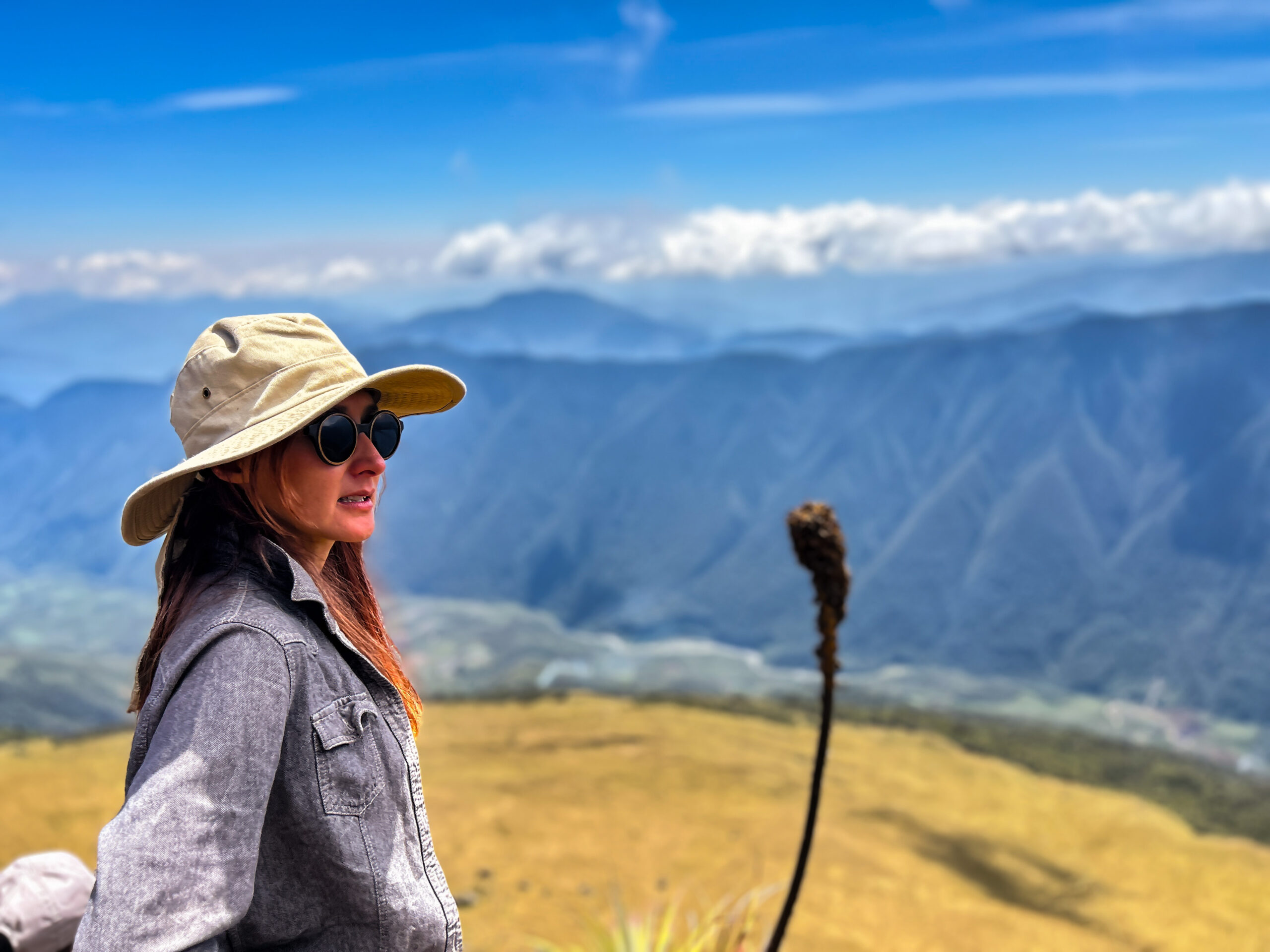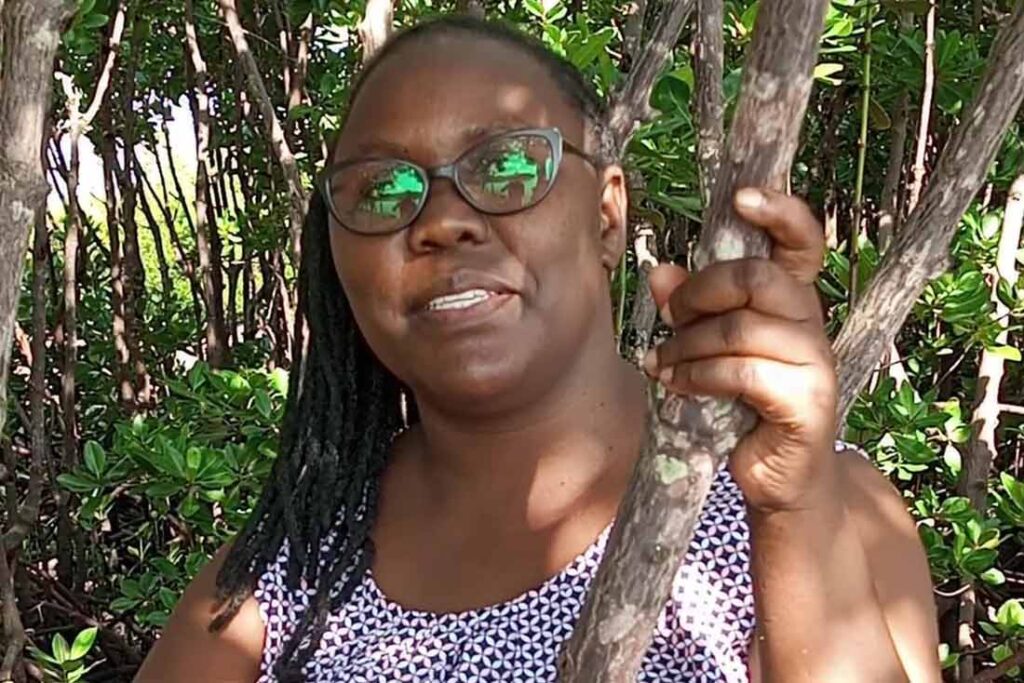Risper Oteke is one of Conservation Nation’s 2024 conservationist grant recipients. She is a trained environmentalist, Gender Equality and Social Inclusion (GESI) practitioner, and storyteller. She is passionate about gender dynamics in climate change, community resource governance, restoration of degraded ecosystems, sustainable livelihoods, and youth ocean literacy.
Risper is finalizing her PhD at the University of Dar es Salaam. A passionate advocate for youth involvement and gender equality in conservation, Risper founded She-Nature, a women-led and youth-focused community-based organization in Kwale, South Coast Kenya. One of the main goals of her organization is to enable marginalized individuals living in Kenya’s arid and semi-arid land areas to have a voice in the climate action agenda. She was also a pioneer founder of the Western Indian Ocean (WIO) Early Career Scientists Network—an initiative that offers mentorship and inclusion for youth in marine conservation. In 2021, she was a World Wildlife Fund Russell E. Train Fellow and a Whitley Award shortlist candidate. Risper aspires to work with and mentor early career researchers in local universities in Kenya and the WIO region.
Conserving Mangroves and Migratory Eels
Risper plans to use her grant funding toward professional development and to spread awareness about conserving the peri-urban (areas that are neither urban nor rural) mangroves and migratory eels of Coastal Kenya. In October, she will present her PhD research findings—a Systematic Review of Mangroves in the Western Indian Ocean—to over 500 attendees at the 7th International Marine Conservation Congress in Cape Town, South Africa. Her presentation will focus on the status of Western Indian Ocean (WIO) mangroves and current research trends, including emerging research in habitat connectivity. Risper also plans to network with other science professionals to discuss research ideas, action plans, and policy considerations.
Risper will use some of her funding to obtain a PADI scuba diving certification. This opportunity will help her develop invaluable skills as a marine conservationist and increase female representation in the marine science industry—particularly because few African women have diving credentials in the WIO region.
Lastly, Risper will purchase virtual reality kits, enabling 400 children and 50 anglers to virtually explore the ocean’s diverse ecosystems while learning about marine habitat and species conservation. She hopes this learning initiative will help her identify and nurture young ocean champions while reducing juvenile fishing, conserving species, and preserving mangrove ecosystem health. In the process, she hopes the anglers will share their knowledge of understudied migratory eel species in the WIO region.

